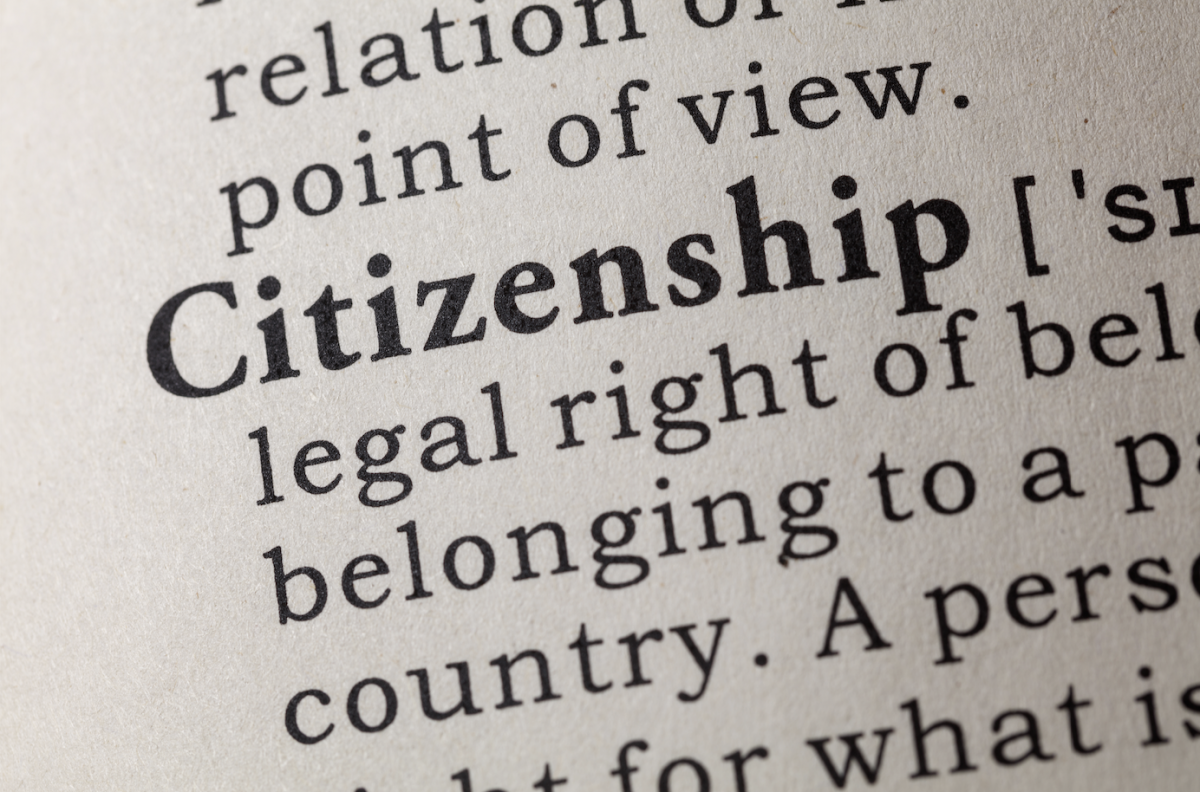
More Free Educational Resources for Nonprofits
07.08.2025 | Linda J. Rosenthal, JD

[7/2/19 Update: Multiple sources including the New York Times confirming that the government has sent the Census forms to the printer without the citizenship question, apparently abandoning its legal battle to include that question for the 2020 Census; also confirmed by gov’t to NBC News at 2:15 pm PDT]
[7/319 Update: Rapid developments as to apparent backtrack ordered by White House; district court, in emergency hearing, demanded assurances by Friday]
Several weeks ago, we posted Why the Census is a Big Deal for Nonprofits (May 15, 2019) about what was shaping up to be one of the most critical pending decisions for the current term of the United States Supreme Court. Our heads-up was based on the generally prevailing view that the otherwise sleepy topic has importance not only for the nation as a whole but for the nonprofit sector in particular.
We cautioned that, instead of waiting to see which way the judicial winds might blow, nonprofits must gear up immediately for the worst-case scenario; that is, the Supreme Court oks the eleventh-hour proposed addition by the current Administration of a “citizenship” question to the 2020 United States Census.
Just after the oral argument on April 23rd, the situation was characterized as “…shaping up to be a mess of historic proportions.”
The Census Mess
As expected, the ruling in Department of Commerce v New York was issued on the last of the current court term – Thursday, June 27, 2019 – but not before there was an odd development in the case between argument and ruling.
Specifically, written evidence was uncovered demonstrating that the government had not been forthcoming when it offered a rationale for including the citizenship issue in the proposed form for the 2020 Census. That new information had the effect of what looks like a last-minute about-face by Chief Justice John Roberts who joined the four members of the court’s liberal wing and authored the majority opinion. This 5-4 decision freezes the issue for the time being; it may or may not hold in place as this drama plays out. It has fairly been described as causing “considerable confusion.”
The citizenship question might be included after all if: (1) the government can timely supply a rationale for it that is not “contrived” (in the words of the Chief Justice); (2) the Supreme Court accepts the new rationale (despite the now-available evidence to the contrary of whatever excuse will be cooked up); and (3) somehow the firm printing deadline of last weekend magically evaporates. (The 2020 Census forms must go to the printer well ahead of the questionnaire rollout and distribution.)
Ordinarily, this development might be fatal to the White House’s push to add the highly controversial question that, if included, will likely depress the census response rate to a significant degree. The most extreme outcome – proposed by the President in a tweet from foreign soil – is that the 2020 Census be delayed so that a Supreme Court-approved citizenship question can be added to the official form.
According to Professor Stephen Vladeck, a constitutional law expert at the University of Texas School of Law, this proposal may not be so much unconstitutional as just a big dose of “chutzpah on the government’s part” which “… has spent much of the past month arguing against efforts by challengers to develop further factual evidence on the grounds that June 30 was an unmovable deadline.”
We’re living in political times where stranger things have happened.
The Census Ruling
Adding this so-called “citizenship” question is unprecedented. “While the Supreme Court’s deliberations centered on whether Commerce Secretary Wilbur Ross had authority to add the question and had followed legal procedures,” challengers raised the issue of “discriminatory intent.” That argument was bolstered, of course, when a writing surfaced showing the true (discriminatory) intent that underlay this push all along that had been actively concealed from the courts.
Chief Justice John G. Roberts Jr. wrote the splintered opinion, “and it seemingly will be up to him” — if the Commerce Department offers new justification — whether it passes muster and the question appears on the final 2020 census form. Agencies must offer “genuine justifications for important decisions, reasons that can be scrutinized by courts and the interested public,” Roberts wrote for the majority. “Accepting contrived reasons would defeat the purpose of the enterprise. If judicial review is to be more than an empty ritual, it must demand something better than the explanation offered for the action taken in this case.”
Hope for the Best, But ….
In our earlier post, we included advice from philanthropy experts that the time to mobilize is now for as high a response rate as possible under whatever circumstances emerge. We told you about steps being taken by legislators, state and local governments, and nonprofit organizations to do just that.
Just last week, on the same day as the Supreme Court ruling, California’s governor, Gavin Newsom, signed and announced a new budget that, among much other good news for nonprofits and charitable beneficiaries in the Golden State, sets aside a “… sizable amount of money” to “… make sure all Californians are counted in next year’s census.” An additional $54 million will be added to the $100.3 million “previously allocated state funds.”
Conclusion
According to an opinion by “community-foundation leaders” in the Chronicle of Philanthropy just after the Supreme Court’s decision was announced, “…while lawyers and government officials scramble to respond to this decision, philanthropy cannot afford to stand still …. [In the coming days and weeks], foundations and nonprofits that have already been working to ensure a fair and accurate count must commit to do more.”
